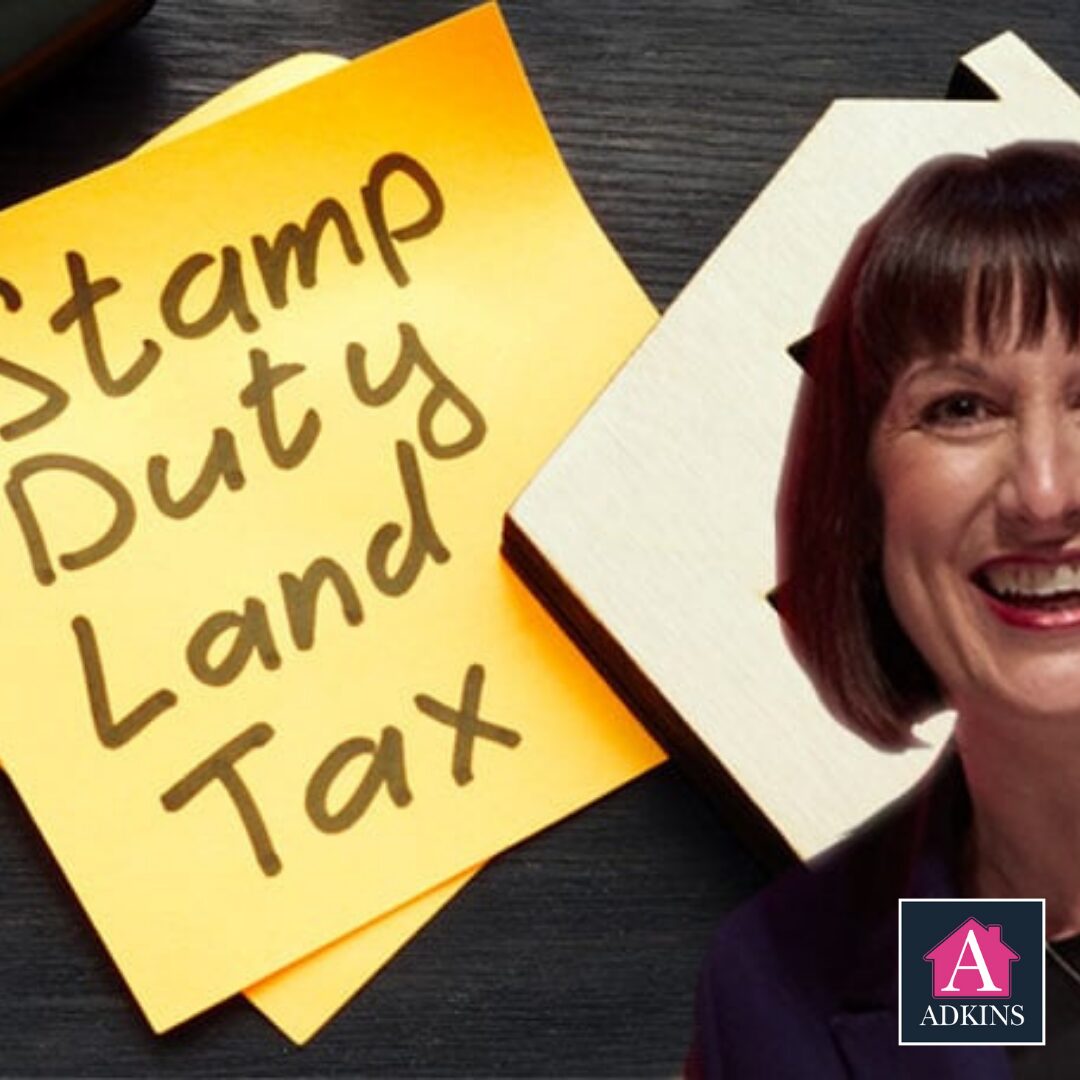The Government’s Renters’ Rights Bill – a major overhaul of the private rented sector – has passed what is expected to be its final debate in the House of Commons.
Housing Minister Matthew Pennycook, supported by new Housing Secretary Steve Reed, rejected all 20 non-Government amendments proposed by the House of Lords. He argued that landlords should not be given opportunities to “abuse the system” or mistreat tenants, stressing that the Bill is designed to deliver greater security and protections for England’s 11 million private renters.
“This Government was elected with a clear mandate to modernise our insecure and unjust private rented sector,” said Pennycook. “Our Renters’ Rights Bill does just that, and it must receive Royal Assent quickly.”
What’s in the Bill?
With the Lords’ changes blocked, the Bill remains intact. Key measures include:
- Abolition of Section 21 ‘no-fault’ evictions
- Introduction of the Decent Homes Standard for private rentals
- Limits on rent increases and a ban on bidding wars
- Creation of a new ombudsman for renters and landlords
- A national property database
- Abolition of Assured Shorthold Tenancies
The Government also added its own amendments, such as:
- Giving landlords three months to evict tenants if notices are served before the law takes effect
- Allowing councils to inspect properties without notice
- Permitting landlords to retain rent in advance for existing tenancies
- Exempting purpose-built student accommodation from the reforms
Opposition Concerns
Shadow Housing Secretary James Cleverly criticised the Bill, warning it could push landlords out of the market, reduce rental supply, and ultimately raise rents for tenants. While he acknowledged its intentions, he described it as “poorly thought through and counterproductive.”
Other Lords’ proposals – including extra grounds for possession, pet damage insurance requirements, and changes to student and agricultural tenancies – were all rejected.
What Happens Next?
If the Bill avoids further “ping pong” with the Lords, it will be sent to the King for Royal Assent. Some provisions, such as open-ended tenancies where renters can give two months’ notice at any time, will take effect immediately. Others will require secondary legislation and phased implementation.
The Government has promised a communications campaign and detailed guidance to help tenants, landlords, and agents prepare for the new rules.







